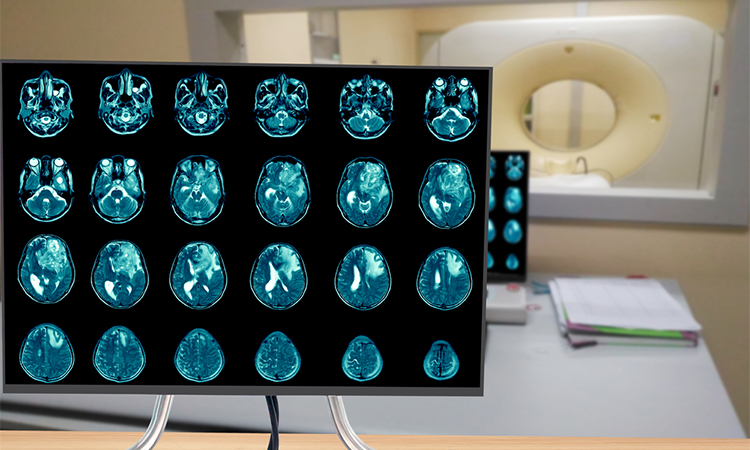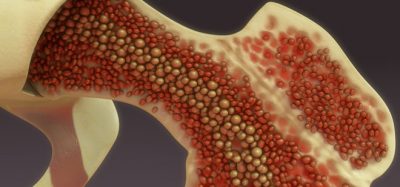An EGFRvIII-targeted immune-based therapy could potentially treat glioblastoma
Posted: 3 August 2022 | Ria Kakkad (Drug Target Review) | No comments yet
A T-cell bispecific antibody shows potent anti-tumour activity in preclinical models of epidermal growth factor receptor variant III (EGFRvIII) mutant glioblastoma.


Researchers at the Vall d’Hebron Institute of Oncology, Spain have found evidence that striking anti-tumour activity of a EGFRvIII-T cell bispecific antibody in preclinical, patient-derived models of glioblastoma, the most common and aggressive type of brain cancer. The results, which were recently published in Molecular Cancer Therapeutics, show that this bispecific antibody induces T-cell recruitment and infiltration in vitro and in vivo, resulting in tumour regression and anti-tumour response in intracranial tumours.
The main challenge in developing T-cell bispecific antibodies is the lack of tumour-specific antigens that can exclusively target tumour cells while leaving healthy cells unharmed. In the case of glioblastoma, inherent low levels of CD8 T cell infiltration represents an additional, hindering factor. Results of this current research could ultimately overcome these two major obstacles, and therefore extend the potential of immune-based therapies to this patient population.
In their research, the investigators designed and developed the novel EGFRvIII-T cell bispecific antibody (EGFRvIII-TCB). Specifically, EGFRvIII-TCB recruits CD3-positive T cells, that are implicated in activating both the cytotoxic T cell and T helper cells, to the vicinity of EGFRvIII expressing tumour cells to induce cytotoxicity.
This antibody has three arms, two of which target this mutation and the other fuses with T cells. This 2:1 strategy potentiates it to boost T-cell infiltration and trigger activation in EGFRvIII-expressing glioblastomas.
“When the mutation is not present, the antibody does not work. Only those patients with tumours expressing EGFRvIII would benefit from this immune-based treatment. Our novel compound could extend the promise of precision medicine to glioblastoma and provide patients with a safer treatment option by avoiding damage to healthy cells,” said Rafaella Lurlaro, co-first author of the study.
The preclinical validation of this bispecific antibody has provided the rationale for a first-in-human clinical trial to assess this bispecific compound as monotherapy in newly diagnosed or recurrent EGFRvIII-positive glioblastoma.
For the first time, researchers have tested a molecule that combines three distinct technologies against glioblastoma, the most aggressive type of brain cancer.
READ MORE
“The possibility of driving T cells into a cold tumour such as glioblastoma represents a turning point in the more effective treatment of this devastating disease. Based on our preclinical data, we have every reason to be optimistic about the early clinical drug development phase of our investigations,” concluded Professor Joan Seoane, principal investigator of the study.
Related topics
Antibodies, Antibody Discovery, Disease Research, Oncology, T cells, Therapeutics
Related conditions
Glioblastoma
Related organisations
Vall d'Hebron Institute of Oncology
Related people
Professor Joan Seoane, Rafaella Lurlaro








